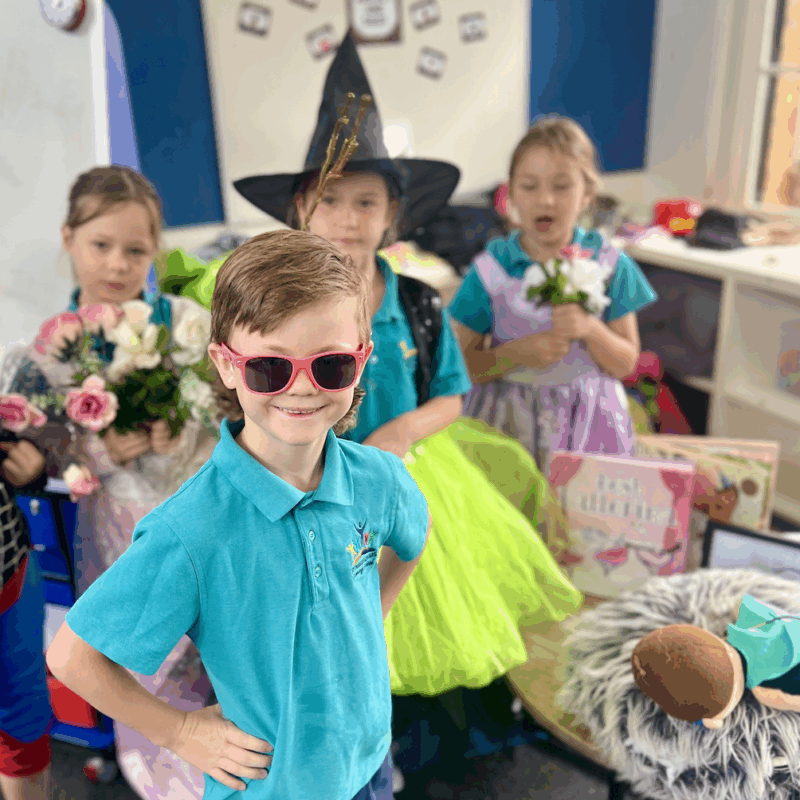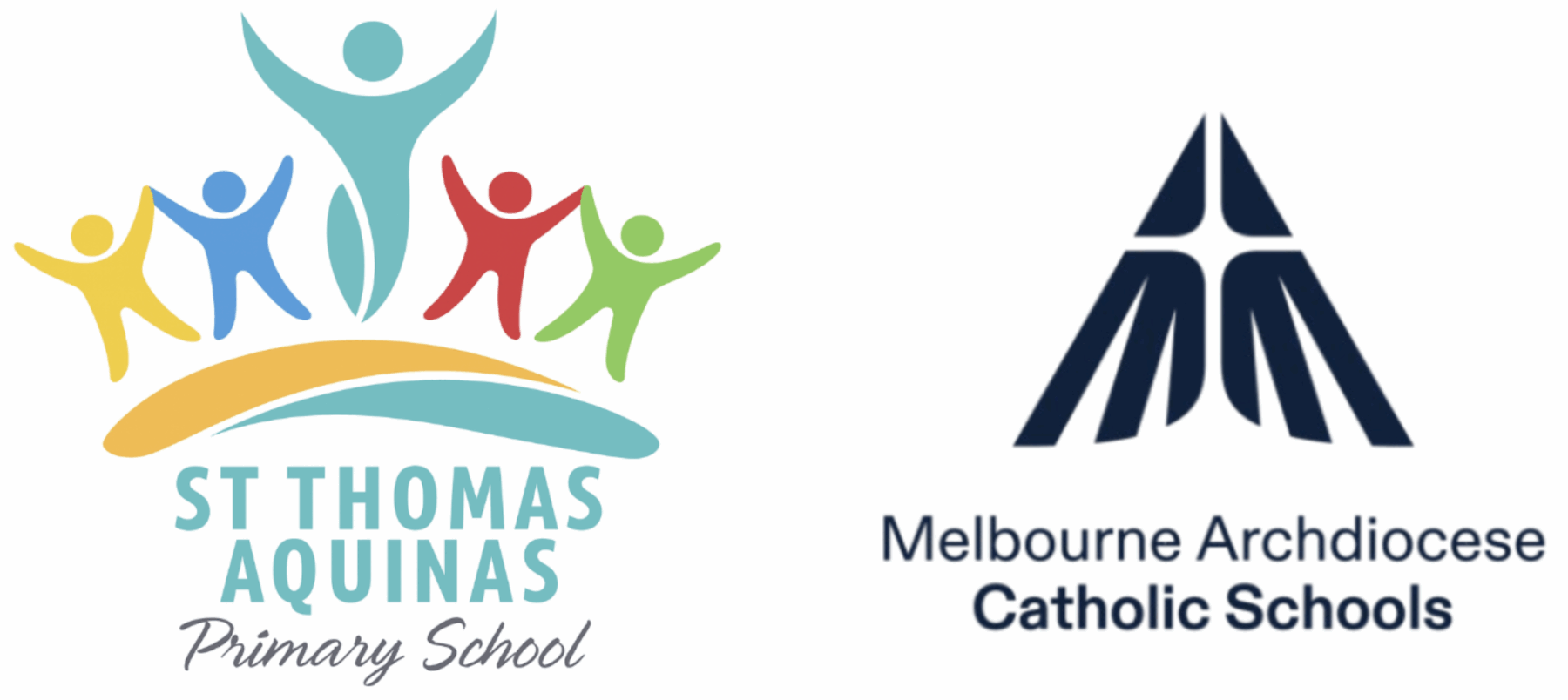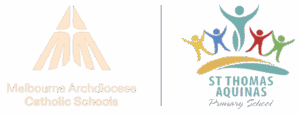Our Approach to Literacy
Reading
In the early years (Foundation to Year 2), children begin their reading journey through InitiaLit, a research-based program that systematically teaches the essential building blocks of literacy: phonics (letter–sound knowledge), vocabulary, and comprehension. This ensures every child develops the skills to “crack the code” of reading with accuracy and confidence.
As children move through the middle and senior years (Years 3–6), they continue to grow as readers using SpellEx, a structured program that strengthens spelling knowledge, reading fluency, and word recognition. Teachers also use tools such as DIBELS (Dynamic Indicators of Basic Early Literacy Skills) to track student progress closely. This ongoing collection of data allows us to provide support exactly where it is needed so every child can thrive as a reader.
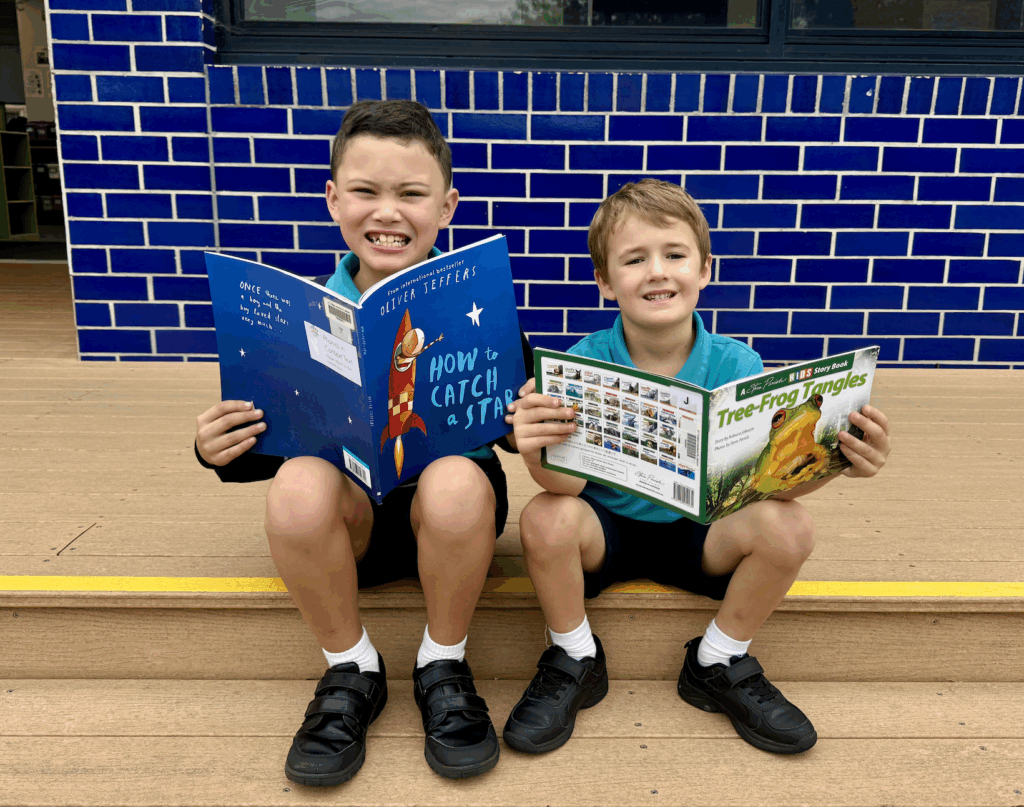
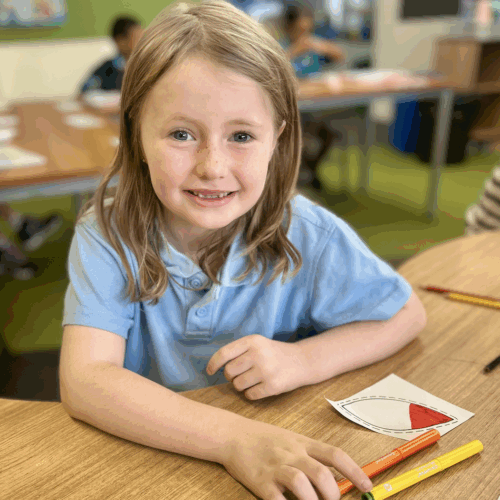
Writing
Writing is explicitly taught at every level, with teachers guiding students step by step through the writing process—planning, drafting, revising, editing, and publishing. Students learn that writing is not just about putting words on a page, but about shaping ideas to inform, persuade, and inspire.
Across the school, students engage with a variety of text types: imaginative stories, informative reports, persuasive pieces, and creative poetry. This range helps them see writing as a tool for many different purposes and audiences. Teachers provide structured lessons in grammar, punctuation, and spelling, ensuring students develop the technical accuracy to communicate clearly, while also encouraging creativity and voice.
Importantly, students are supported to reflect on their writing. They learn that writing is a craft that improves with practice and feedback, helping them grow as confident and capable authors who take pride in their work.
Speaking & Listening
The spoken word is central to all learning. From their very first days at school, children are encouraged to share ideas, listen to others, and build confidence in expressing themselves. Speaking and listening activities are woven into every part of the curriculum, because strong oral language skills are the foundation for success in reading and writing.
Students participate in a wide range of experiences from storytelling, creating performances, class discussions and collaborative tasks, where they practise building ideas and respecting alternative viewpoints.
Across all of these tasks, listening carefully and responding thoughtfully are just as important as sharing ideas.
These opportunities help students develop the ability to communicate clearly, think critically, and engage respectfully with others. Just as importantly, they foster empathy and social connection, ensuring students are not only capable speakers but also attentive, compassionate listeners.
